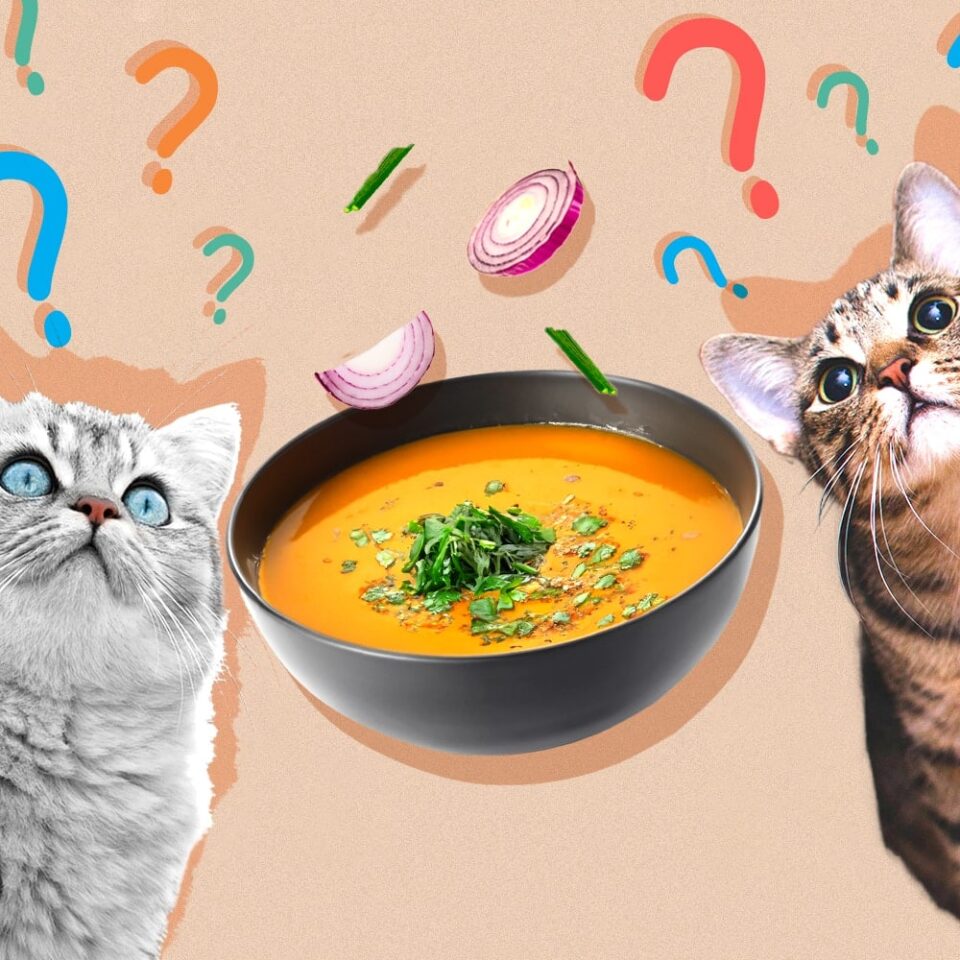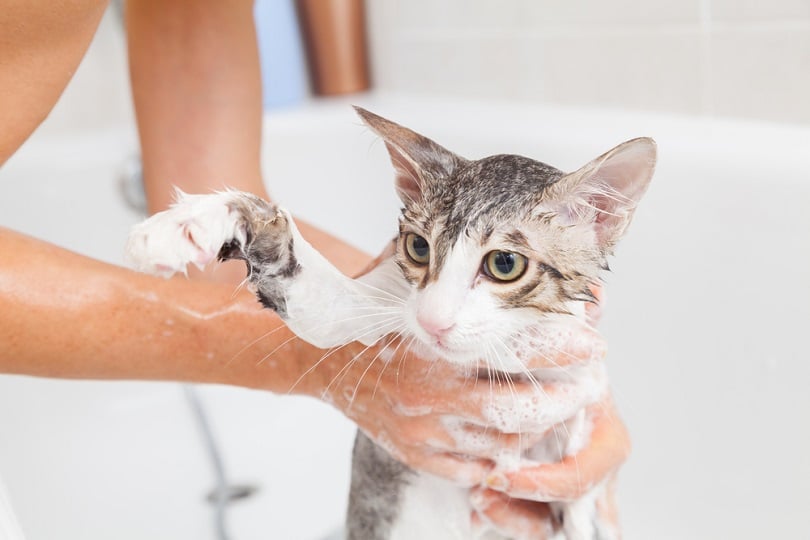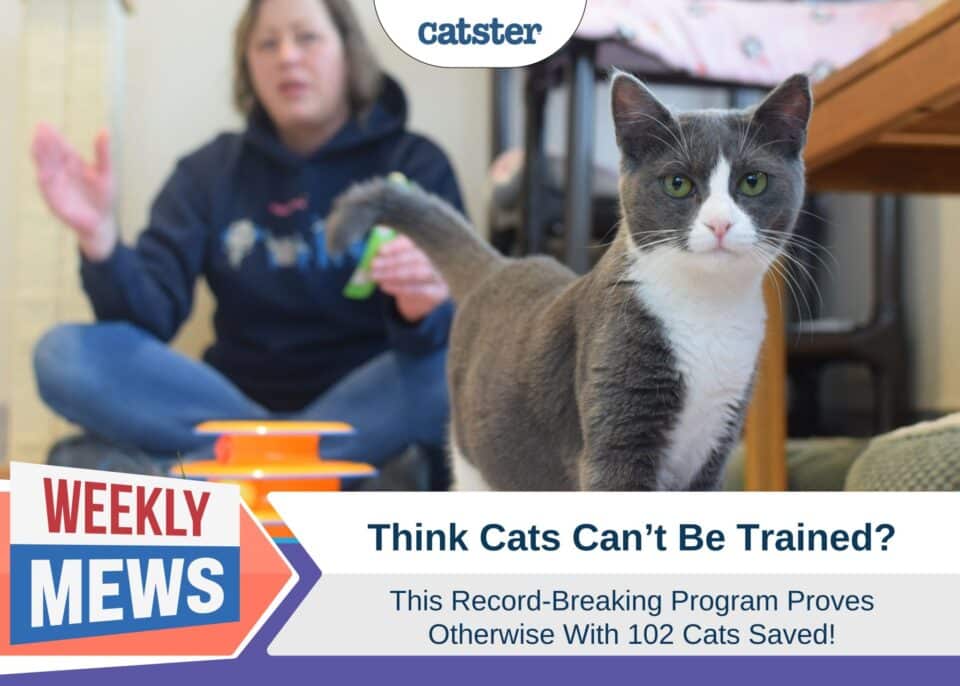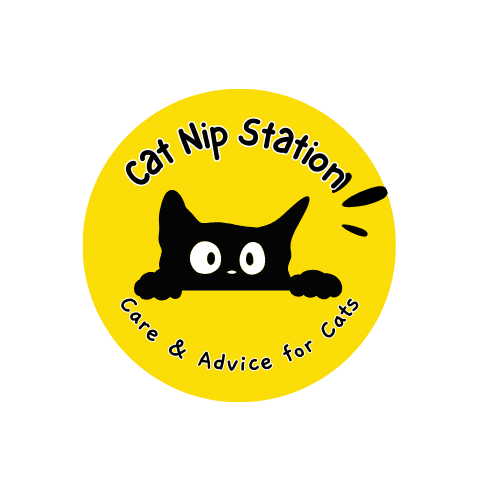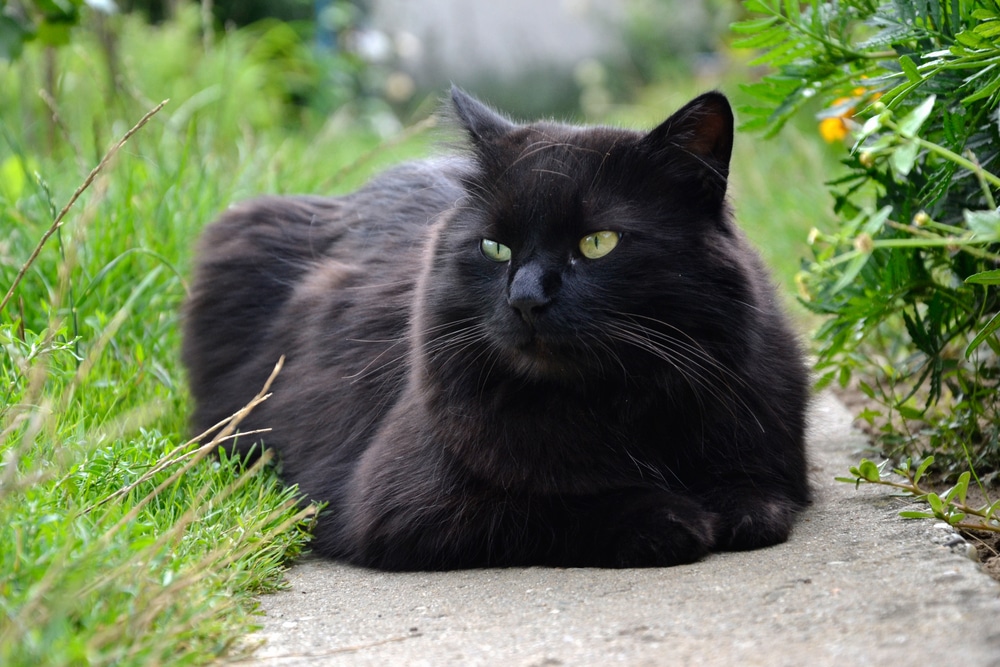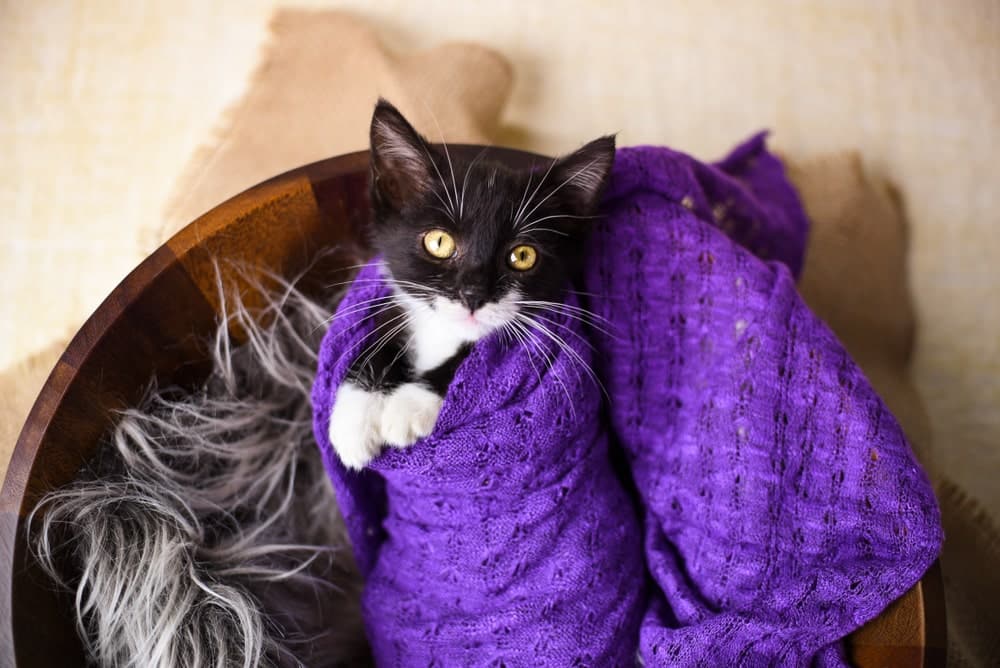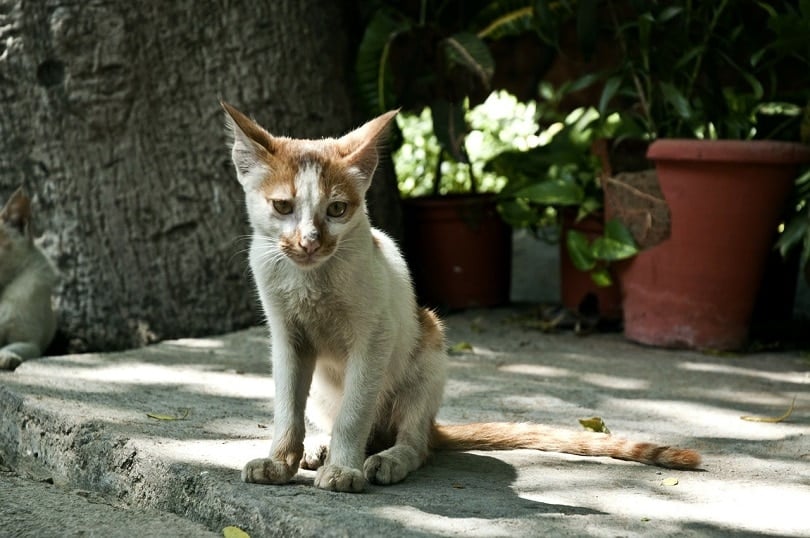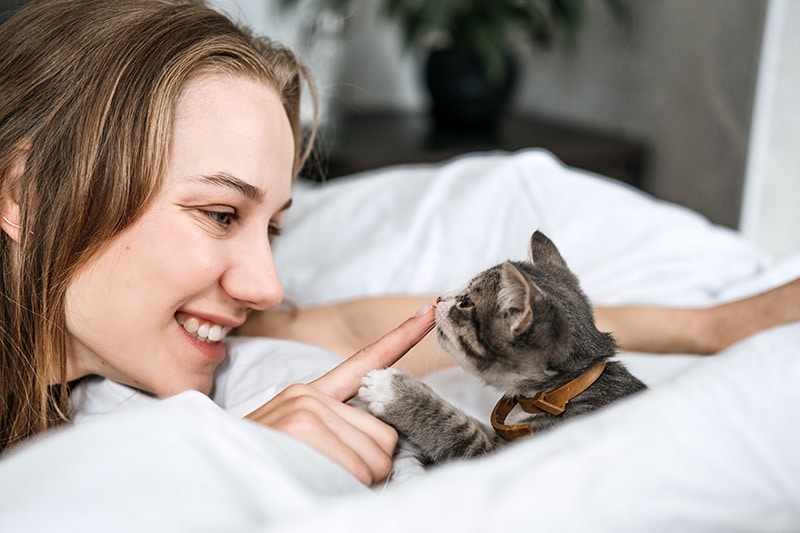Thinking of sharing soup with your cat? Dive into what’s safe and what’s not before you pour it into your furry friend’s bowl.
- Many soups can’t be shared with your cat due to harmful ingredients like onions and garlic.
- Certain soups might be good for cats, especially if they need extra hydration or have dental issues.
- Always be cautious of ingredients like sodium, which can be present in high amounts in soups.
- Homemade broths can be a safer nutritional option for your cat with vet-approved recipes.
Soup can be a real treat on a chilly day, but before you decide to share this comfort food with your feline friend, you’ve got to consider a few things. Many soups contain ingredients that are harmful to cats. Onions and garlic, for example, may add flavor to your bowl but are part of the Allium family, which is toxic to cats. Even tiny amounts can cause serious health issues, making those rich broths a no-go for our whiskered companions.
High sodium levels are another concern. Canned soups are particularly notorious for their salt content, thanks to preservatives. A cat doesn’t weigh much, so it wouldn’t take much salty soup to start causing problems. Milk and cream may not be toxic, but they often lead to digestive distress in lactose-intolerant cats. So, pouring your creamy soup into their dish isn’t the best choice either.
Let’s flip this to the good side because cat-safe soups do exist! As cats age, they might require fewer calories and more hydration. Low-calorie broths can keep them hydrated and offer vitamins without adding unwanted weight. Soups can also be beneficial for cats with dental issues, as the liquid form is easier to manage than solids.
Special cat soups, especially those made with beef bones, are packed with collagen. Collagen is like a little helper for your cat’s joints and digestion, especially in older cats with arthritis. Additionally, if your kitty’s not drinking enough water, soup might just be the sneaky way to boost their hydration!
With many soup options for cats available today, both commercial and homemade, there’s plenty to choose from. A homemade broth could be a healthy pick if you’re up for cooking. But it’s always wise to get the nod from the vet first, ensuring whatever you’re cooking up fits your cat’s needs.
Stick with soups that are tailored for cats and consult your vet to make sure it’s all good for your feline friend.
